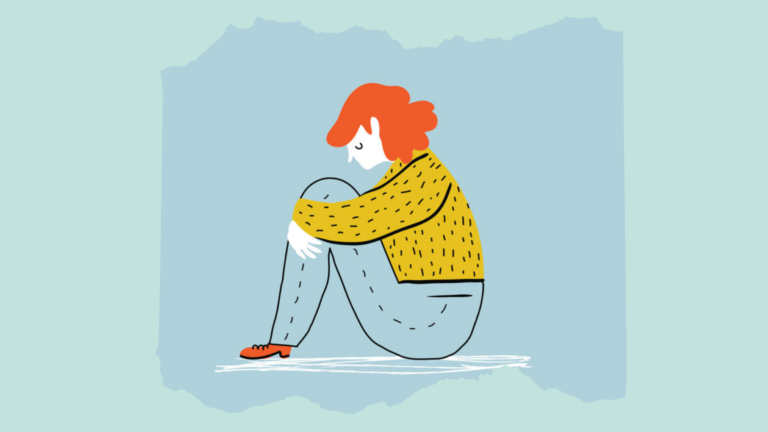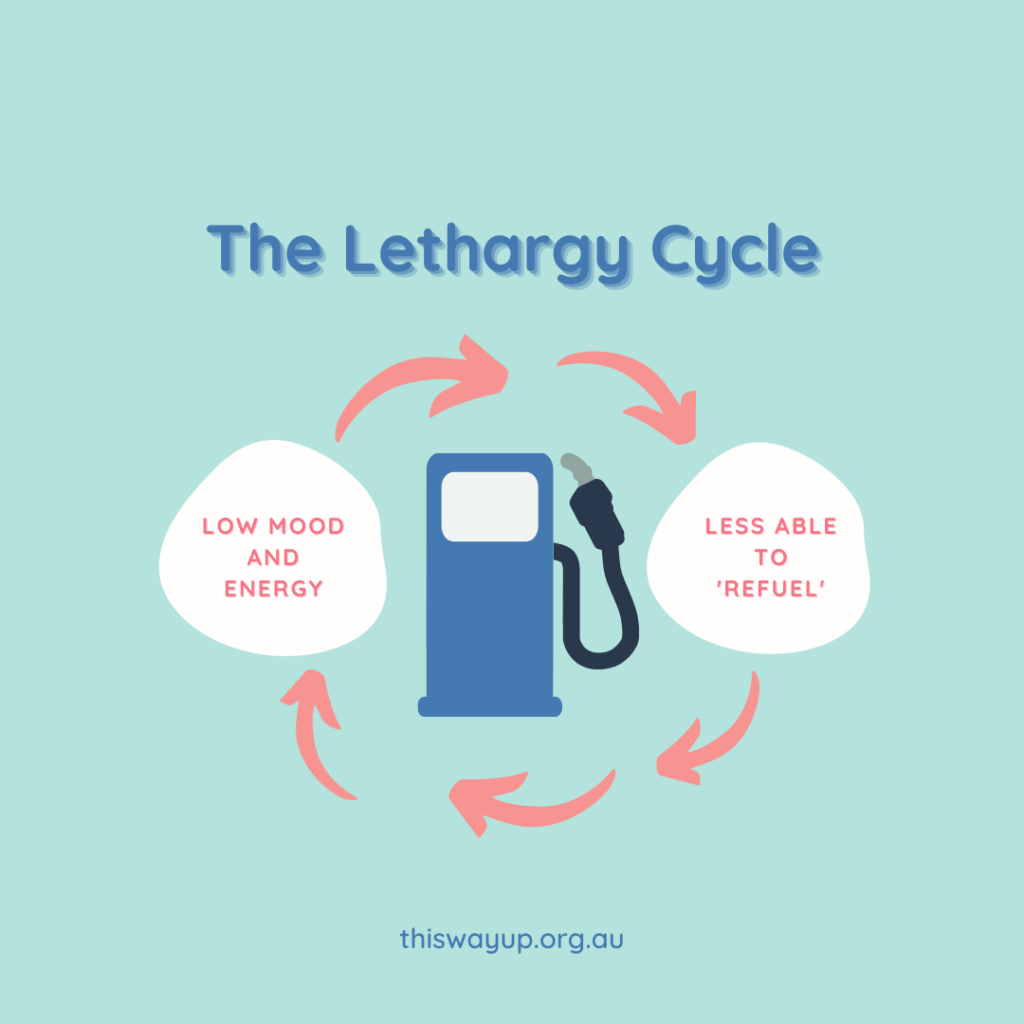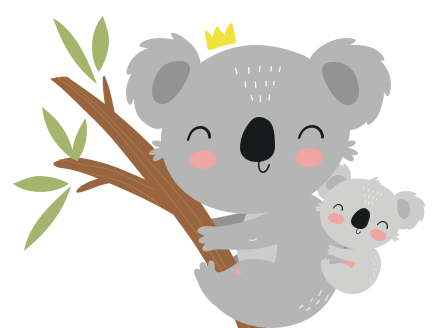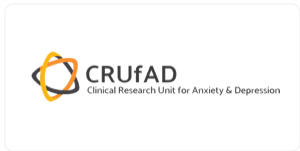Rewinding the Depression Cycle

People with depression often feel like their energy and motivation have been drained out of them. They can feel exhausted, even if they’ve had plenty of sleep – like they’re running on a cycle with very little fuel.
People need emotional ‘fuel’ to feel things like motivation, joy, interest, and curiosity. We need ‘fuel’ to be able to concentrate and think clearly. We also need to have enough energy to do the things that normally make us feel better, like exercising, seeing friends, or even reading.
This means that people with depression are running low on fuel and they aren’t able to do the things that would refuel them. This means they start running on even less fuel, resulting in a vicious cycle (this is sometimes called ‘The Lethargy Cycle’).
This cycle can result in the development of depression, and it can be one of the things that keep depression going once it’s started. Fortunately, however, this cycle can also be rewound or reversed, so that people can start to feel better.
Rewinding the Depression Cycle
It’s very difficult to directly change how we feel – we can’t really ‘turn off’ sadness, ‘turn up’ our energy, or schedule ‘feel happy’ into our day. We can, however, do things that are more likely to make us feel happy, interested, excited, or re-energised.
Doing a combination of fun, productive, active, and social activities every week can ‘refuel’ your emotional fuel tank. This, in turn, can lift some of the symptoms of depression.
- Fun activities are things that you find enjoyable, relaxing, or interesting.
- Social activities are things that give you a sense of connection, whether it be with people, animals, or a community.
- Productive activities are things that give you a sense of achievement, like making the bed or crossing something off your ‘to do’ list.
- Active activities are things that involvement movement, and ideally, get your heart rate going!
A Three Step Process
- Write a list of fun, productive, active, and social activities that you might enjoy (or have enjoyed in the past).
- Make sure to do at least one of these activities every day. If you can, try to do a combination of these types of activities each week.
- Evaluate the results of your changes – which activities boosted your mood and energy the most?
Getting Help For Depression
If you think you could be depressed, it’s important to reach out for support. Mental health specialists can provide psychological treatments (i.e. therapy), like Cognitive Behaviour Therapy (CBT). CBT can help you:
- Address the cognitions (i.e. the thoughts) that maintain depression, and
- Change your behaviours (i.e. the things you do), so that you can feel better and live a more fulfilling life.
Other Options For Depression
Antidepressants are also effective, especially for severe depression. There are many different types of antidepressants, and it might take some trial-and-error to find the medication that’s best for you.
Depression can also be effectively treated with Internet-delivered Cognitive Behavioural Therapy (iCBT). Our iCBT course covers the skills and info you’d learn from face-to-face CBT treatment, but is accessible from any device so you can complete this course at a time and place that suits you.
Please remember that depression is very treatable. Most people who seek treatment will get better.
For support with your low mood or depression, take a look at evidence-based Depression Course.
Interested in learning more?
Free Online Tools for Coping with COVID-19
Access a suite of practical workbooks, an audioguide, and other useful materials to help you manage coronavirus stress and anxiety.






